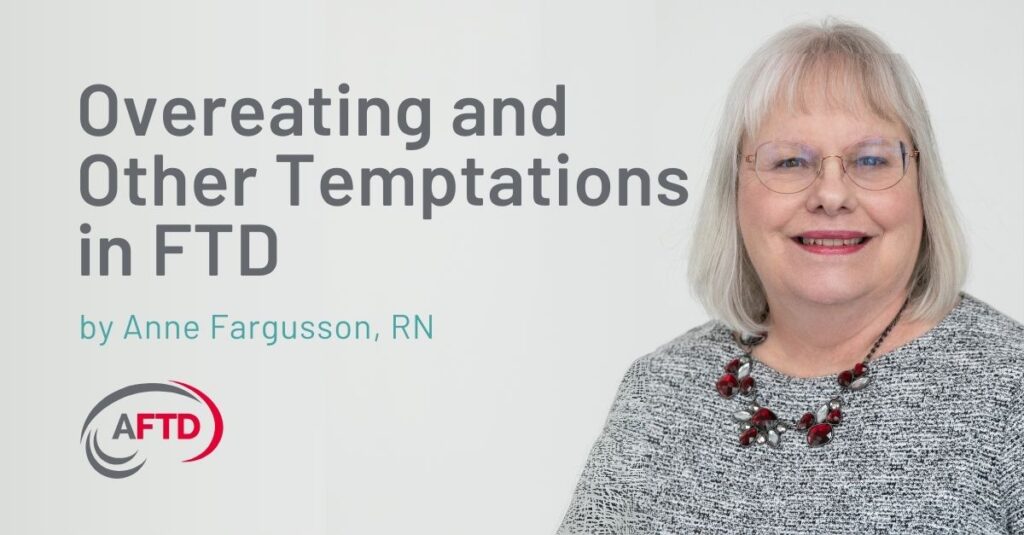Statement from The Association for Frontotemporal Degeneration on the Need for Robust and Consistent Medical Research Funding
The Association for Frontotemporal Degeneration (AFTD) continues to urgently advocate for robust and consistent funding for the National Institutes of Health (NIH) in FY 2026 appropriations. Despite being the most common dementia diagnosed in people under 60 years, FTD currently has no effective treatment to prevent its onset and slow its progression. Families and their…
Read MoreFTD Science Digest: Making FTD Visible – The Critical Role of Biomarkers in Diagnosis and Treatment
Biomarkers are critical to understanding and treating any disease. A biomarker is something measurable in the body that can indicate a disease’s presence and severity. High blood pressure, for example, is a biomarker that can indicate whether a person has heart disease and how serious it is: the higher the blood pressure numbers, the more…
Read MoreAFTD Joins Nearly 150 Supporters in Letter Urging Congress to Reject Medicaid and SNAP Cuts
AFTD joined nearly 150 organizations and individuals in a letter penned by the Alliance for Aging Research urging congressional leaders to reject proposed cuts to Medicaid and the Supplemental Nutrition Assistance Program (SNAP). These cuts would have a significant impact on the well-being of families affected by FTD, Alzheimer’s disease, and other dementias, the letter…
Read MoreUnidos en el camino: reunión de personas confrontando la demencia frontotemporal
Únase y aprenda de otras personas que entienden y han vivido el camino difícil de la DFT (degeneración frontotemporal) en este evento virtual. Este evento es específicamente para personas hispanohablantes y las dificultades que la comunidad latina pueda encontrar en particular aquí en este país. Les daremos la bienvenida además de obtener apoyo y recursos…
Read MoreThe Lived Experience of FTD: Overeating and Other Temptations in FTD
By Anne Fargusson, RN, AFTD Persons with FTD Advisory Council Among the hallmark symptoms of FTD is an oral fixation, which can lead to overeating. FTD may also cause a craving for sweets: candy, cake, pie, ice cream. Combined, these two tendencies can lead to significant weight gain and a lower quality of life. Some…
Read MoreAdvancing Hope: AFTD Hosts 2025 Holloway Summit
Can the risk of developing FTD be changed by environmental exposures, lifestyle, diet, and other factors? Are the genetic risks fully understood? These questions are regularly asked by affected families and at-risk individuals. On January 22-24, 2025, the third annual AFTD Holloway Summit convened academic scientists, nonprofit partners, persons with lived experience, and AFTD staff…
Read More





